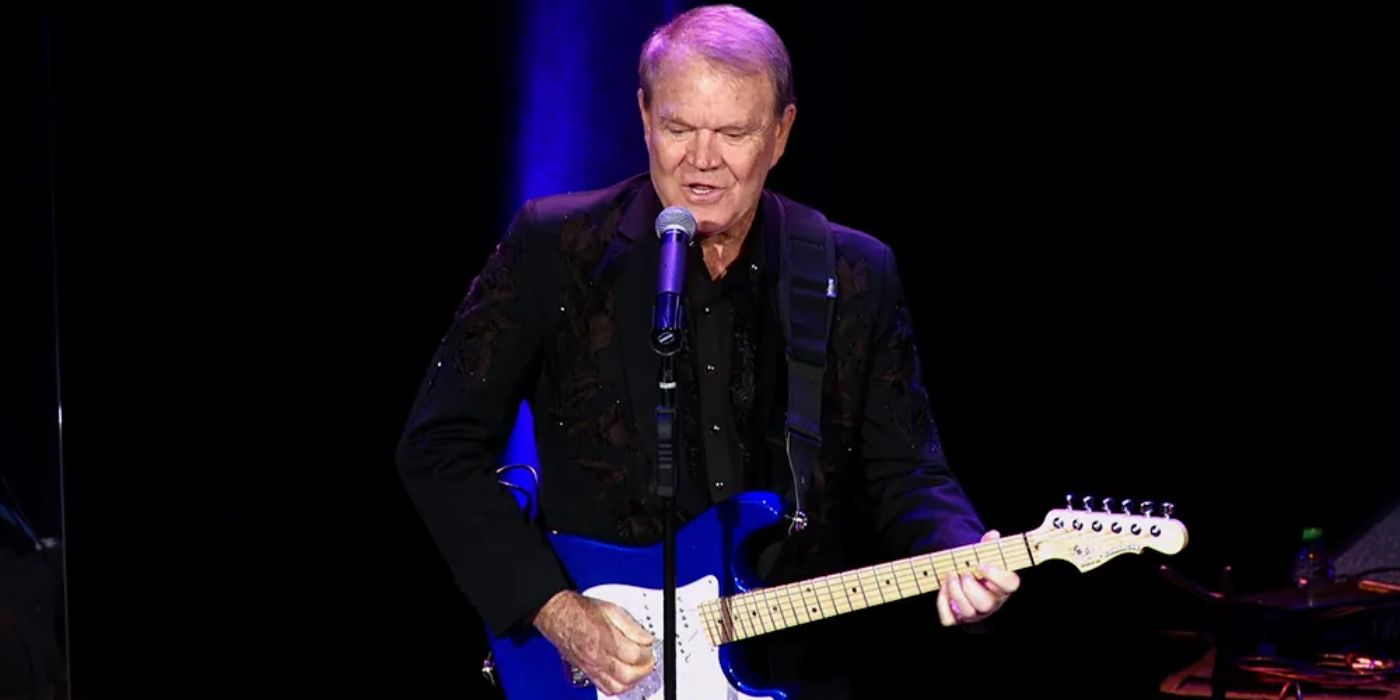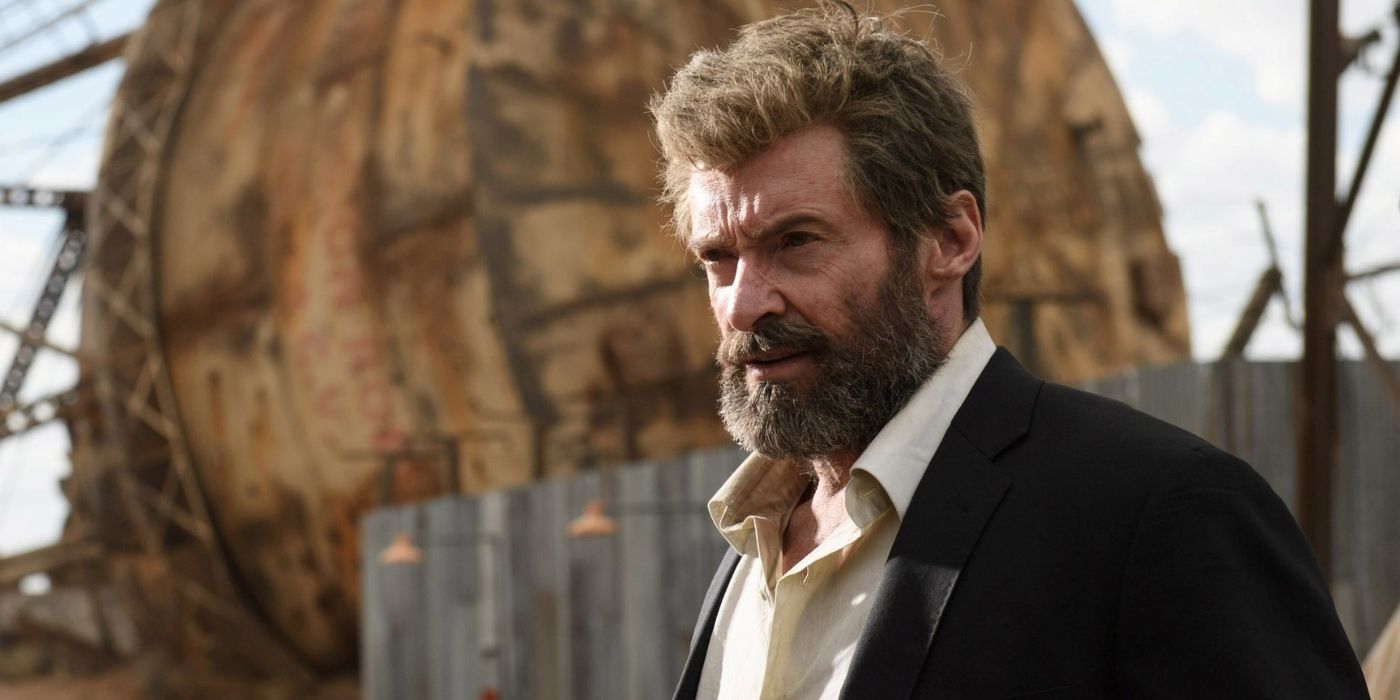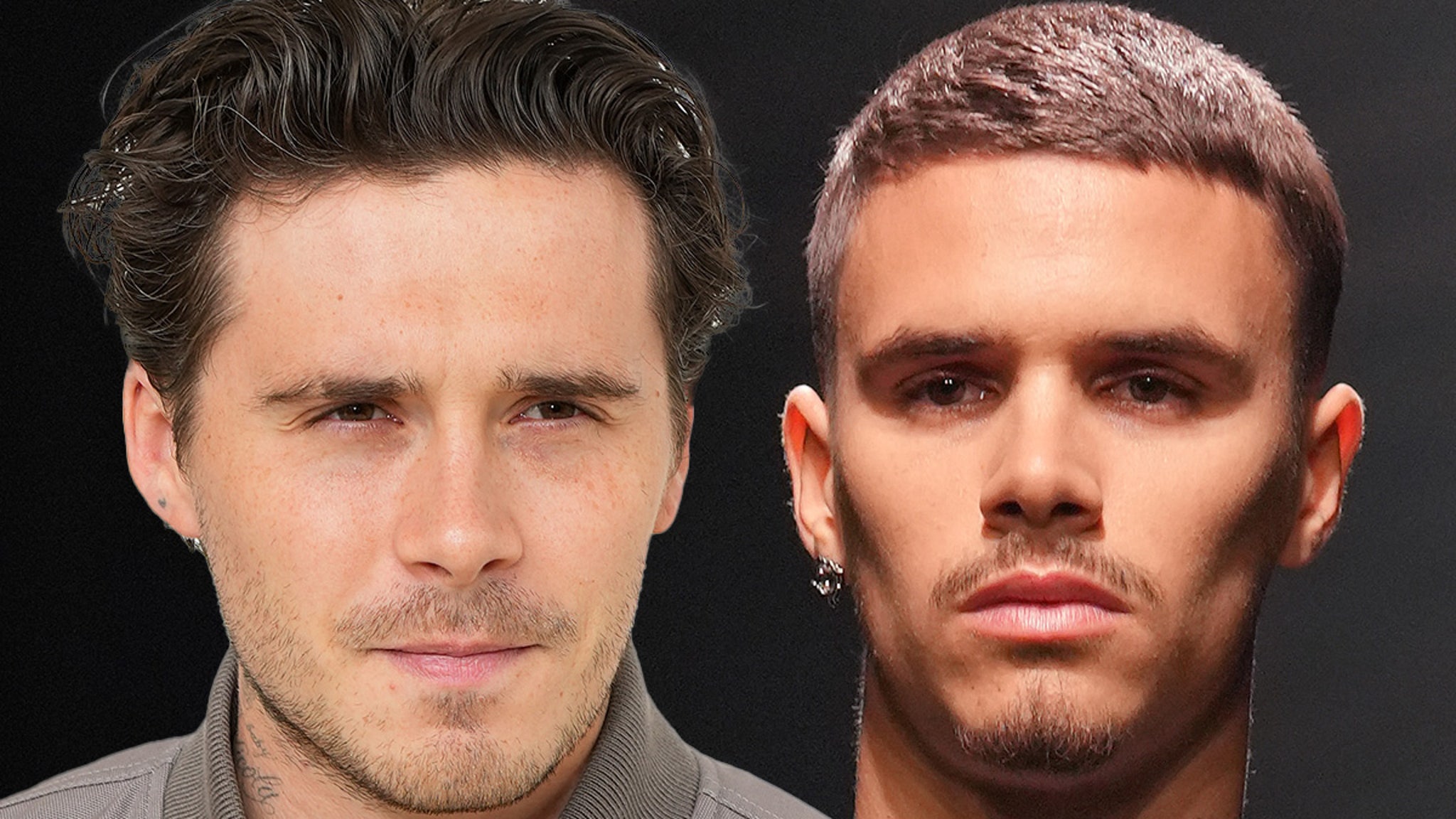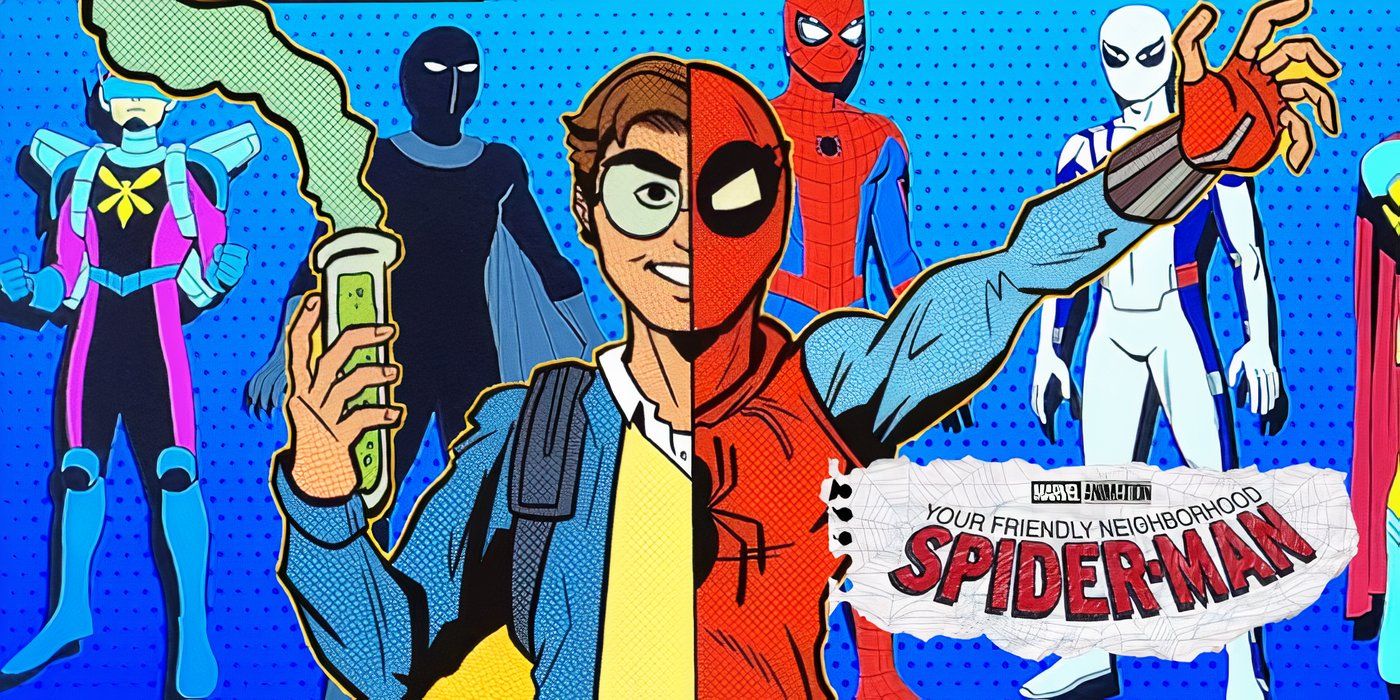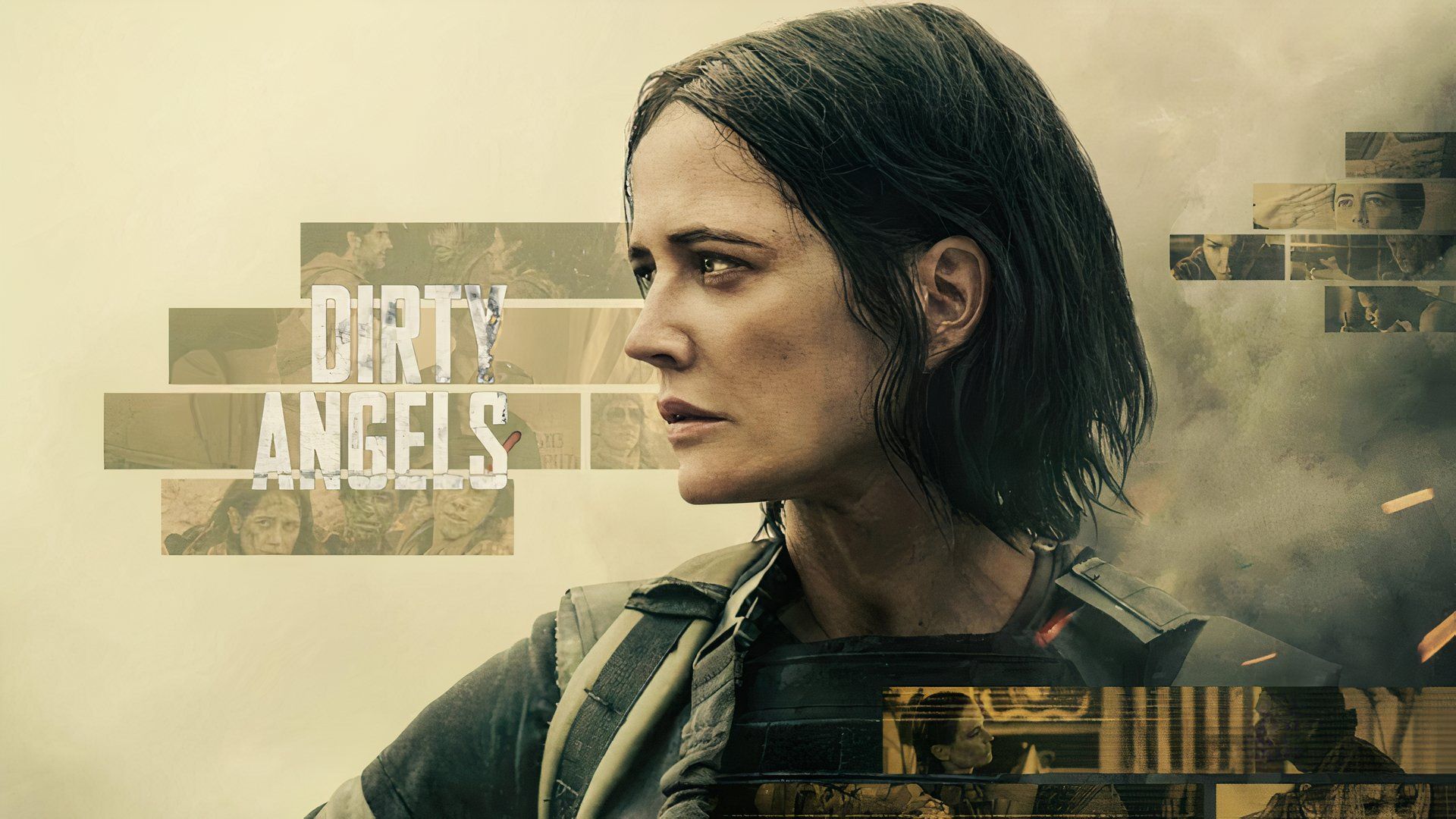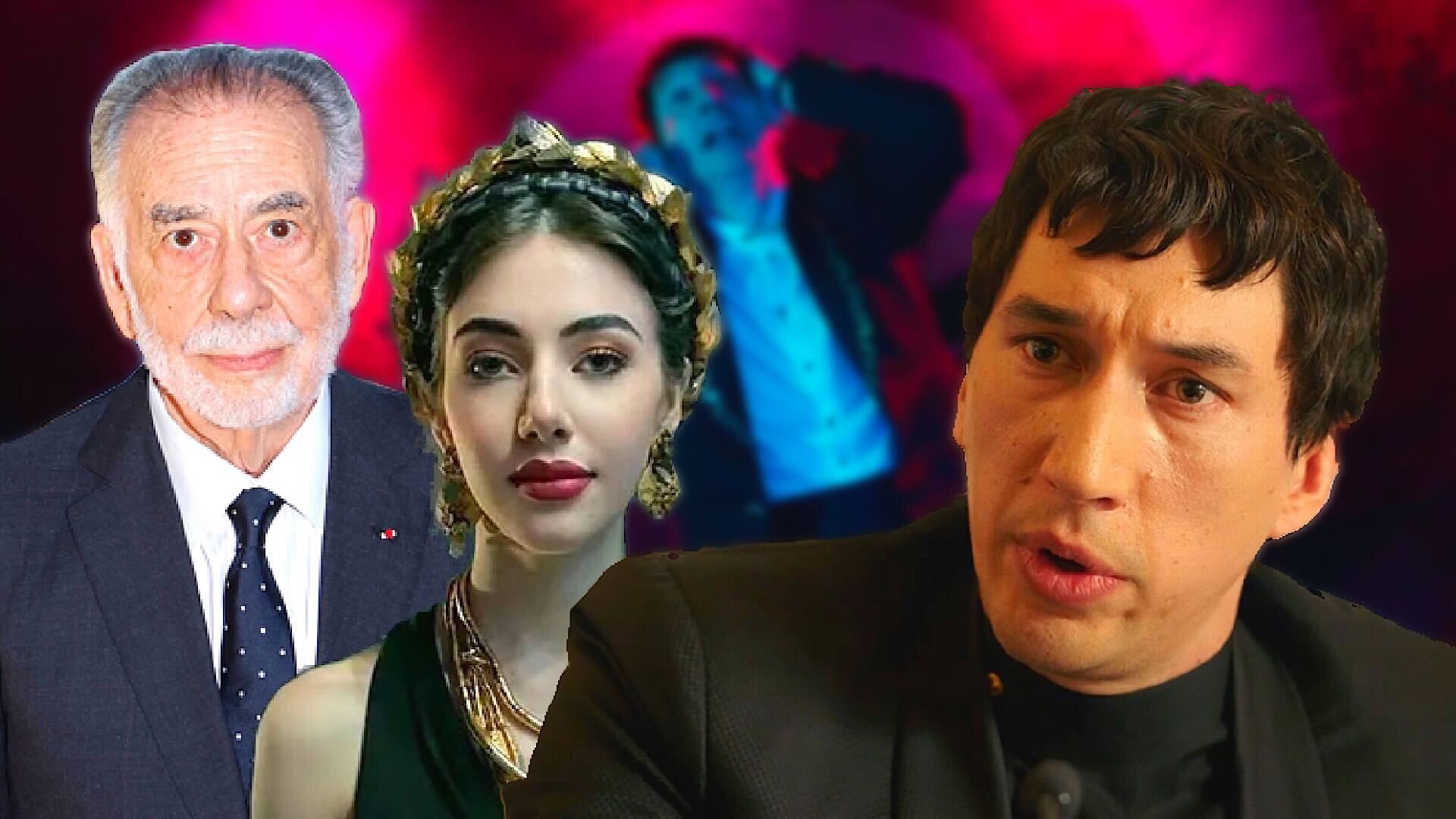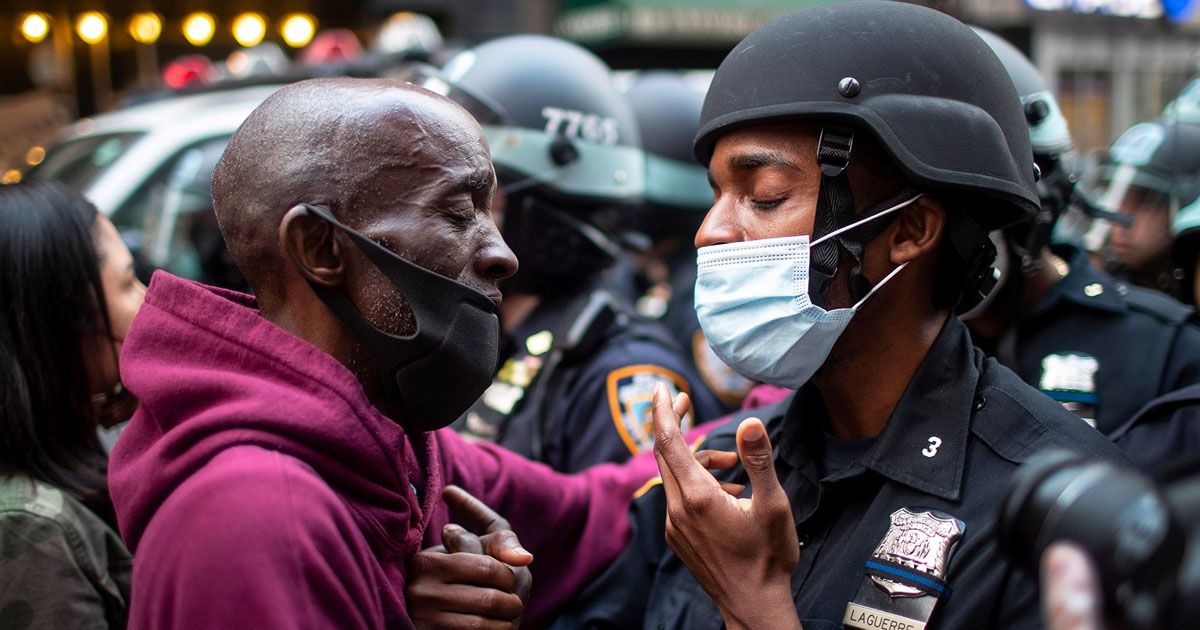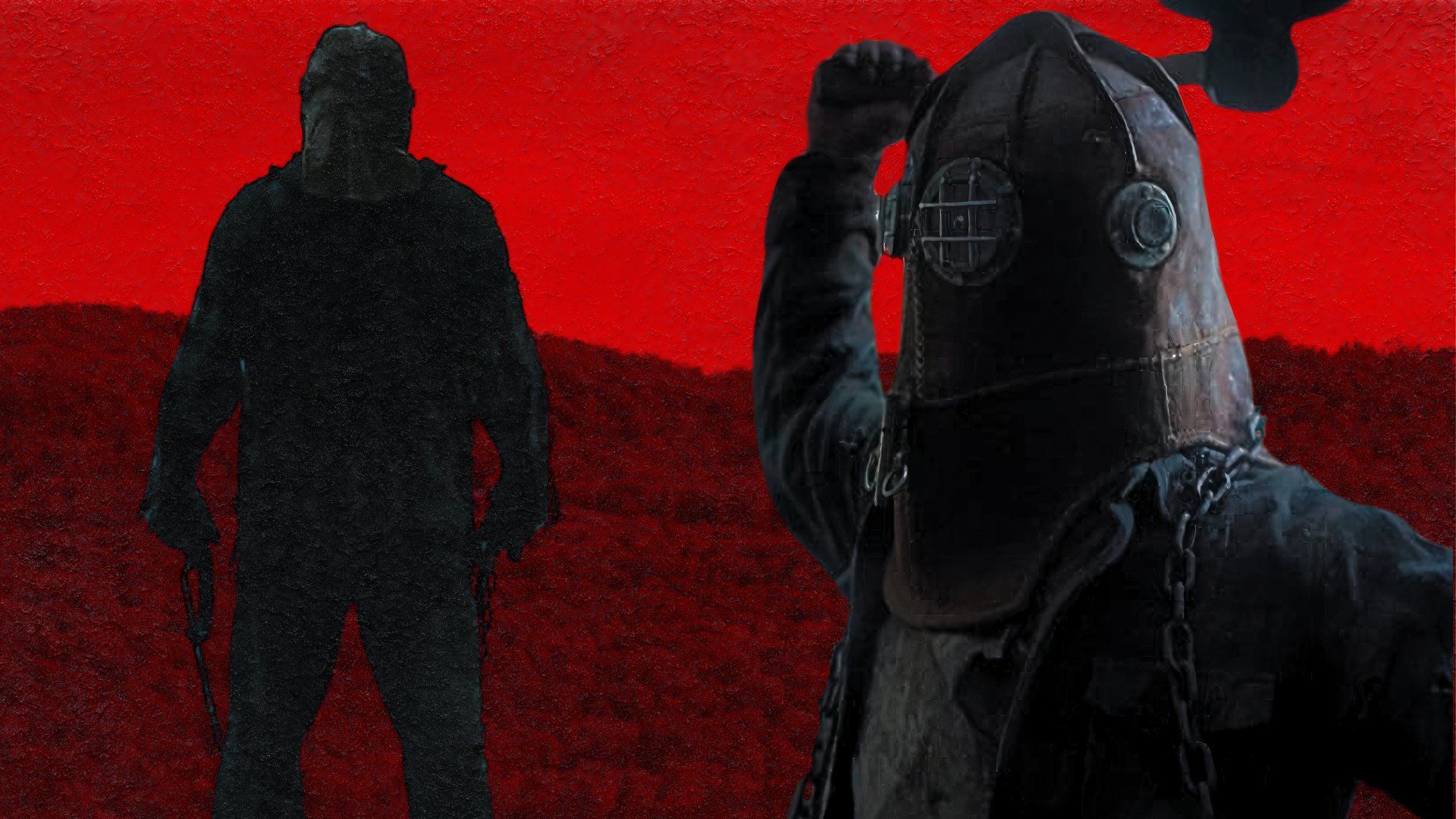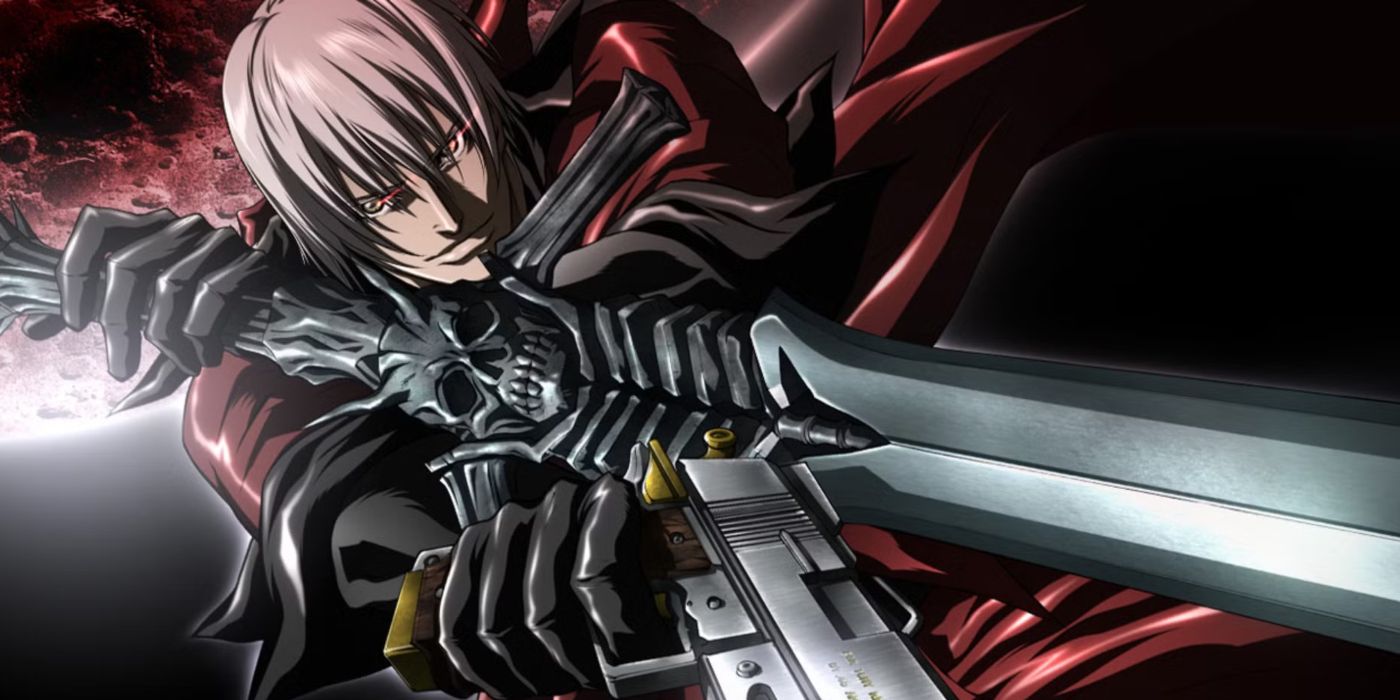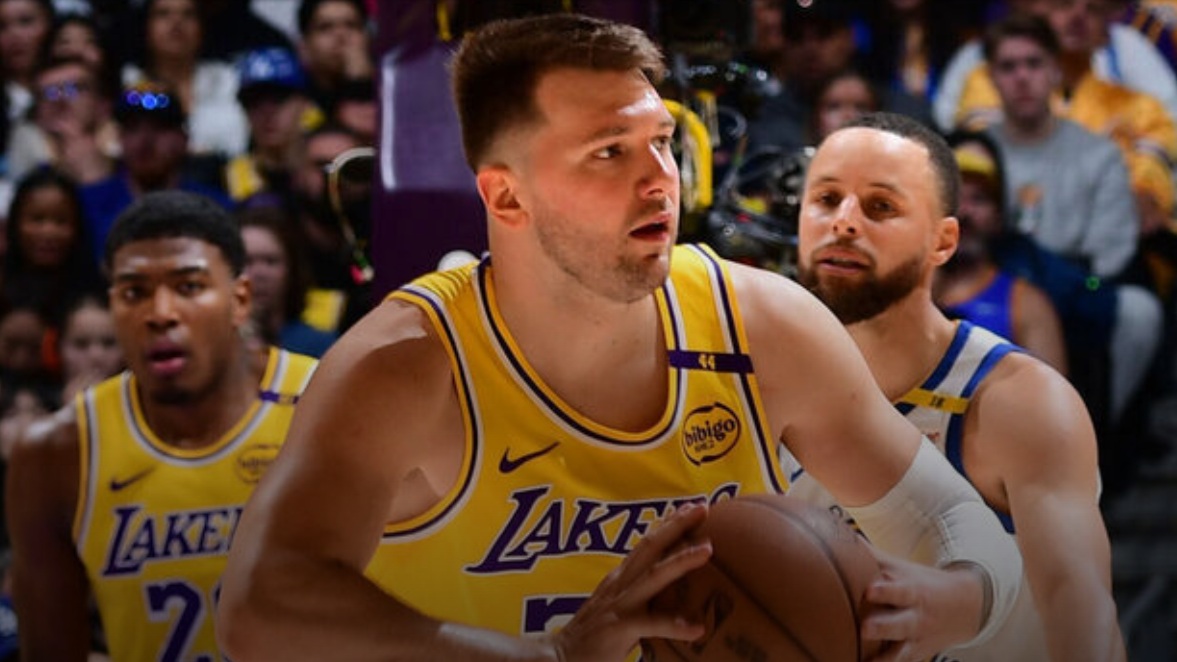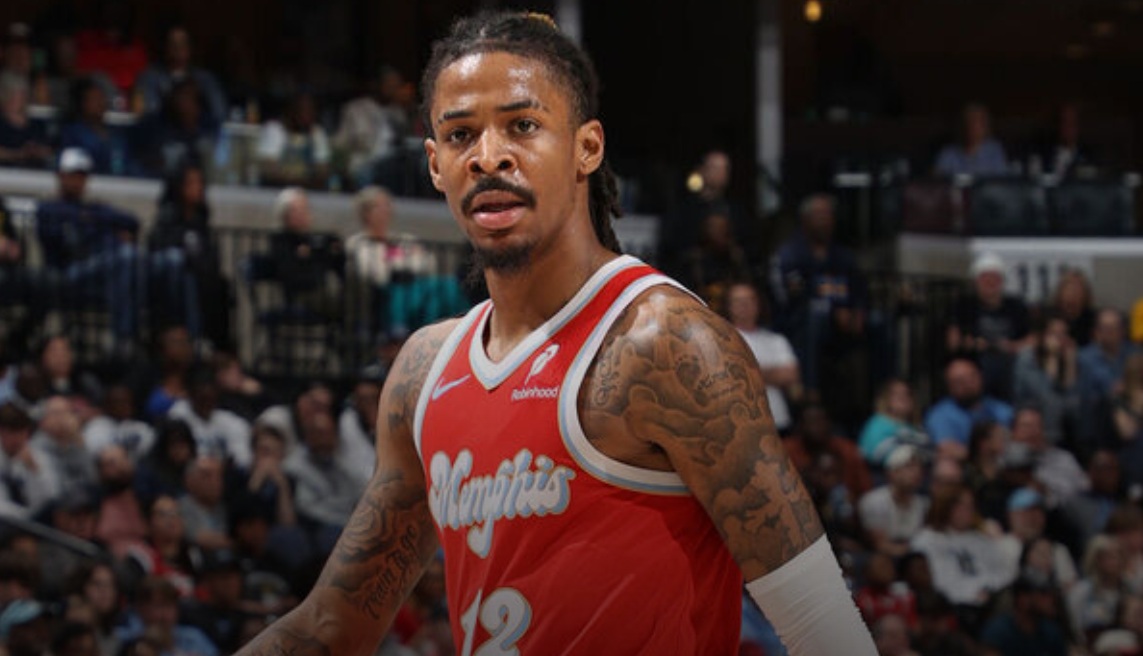And with these stories, “Children of the Underground” embraces nuance in its most empathetic fashion. It gives survivors space to talk about how certain memories that can be hazy, even though the events have been so heavily influential on their lives. That alone is a striking part of the series’ courage, which at times can be dedicated to just getting these first-person experiences on record.
In its expansive look at the period, “Children of the Underground” also offers a striking context of how people did and did not know how to talk about child sexual abuse publicly or privately. The series captures the growing pains of understanding mental health, which includes the people and children who were mishandled in the process. It’s all the more sobering when one realizes how certain parts of the family court have not changed, or that the same problems can arise. Some might be tempted to view “Children of the Underground” as charcoal-black true crime fodder, but it’s more of an outraged activist doc, similar to Cowperthwaite’s SeaWorld-breaking “Blackfish.” “Children of the Underground” is an epic about someone who led a charge against a system that was and continues to be misguided.
“Children of the Underground” has a lot on its mind, and the focus on different survival stories and news can almost get a little tangled up as it goes from one life story to the next. It’s tricky enough that the series almost gets loss when it focuses so much on the Satanic Panic of the late ‘80s, and how that made adults (especially Faye) even more out of touch with the real horror that might have been going on. For both its content but also its widespread editorial focus, the series can be the definition of “a lot,” and it’s certainly not something one can binge to just satiate an appetite for sick sad documentaries.
For as bleak as the material is, its muddy visual approach becomes all the more obvious. The interviews use a repeated motif that has the camera moving to side as someone speaks; it tries to create a reflection for whoever is being filmed, but it doesn’t tie in thematically with the ideas at hand. The stories are best illustrated with its surplus of photos and videos, including all of the time-capsule talk show clips, and the professional candids of mothers and daughters while on the run. They are both striking for their composition but also the moments they capture, these faces in the shadows, uncertain of what’s coming next, but driven by an inner resilience we’d hope to never need.
Throughout, the series circles around the idea of whether Yager did the right thing, asking the same question that people ask of caped crusaders: Who gave you the right to be a vigilante, and take the law into your own hands? That complicated part about Yager and her work drives the series through its murkiness, and makes it expansive storytelling here compelling and harrowing.
Full series screened for review. “Children of the Underground” is now streaming on FX on Hulu.
You can view the original article HERE.





